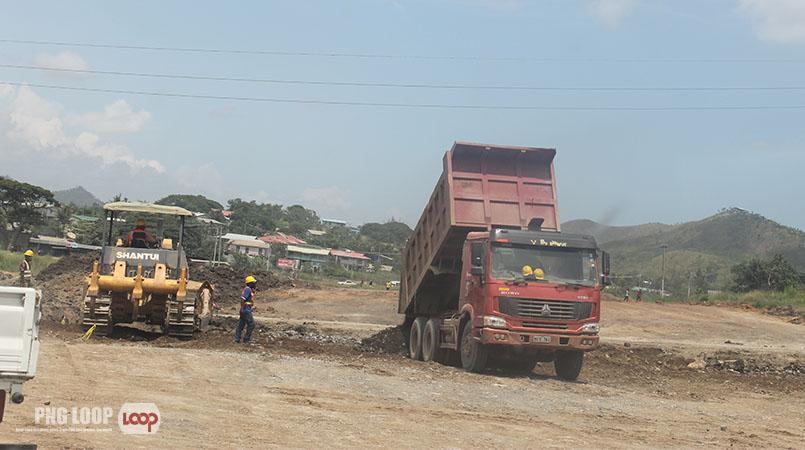
Airborne dust from roads and worksites could lead to severe health impacts on workers and costly legal action, an Australian research scientist Dr Babak Abtahi has warned.
In a statement, Dr Abathi said while governments and businesses around the world had been co-operating to reduce the likelihood of injury from asbestos and coal dust, fugitive dust from roads and worksites could cause health issues among workers and neighbouring communities.
He said the health costs could be significant for the government, and those failing to stop the problem from occurring.
“We know that airborne particle pollution causes more than 3000 premature deaths each year in Australia,” Dr Abtahi said.
“Each of these deaths are preventable, but require government and industry investing their effort into preventing so-called ‘fugitive dust’ in our air.
“Aside from the human cost, the financial costs could be substantial with courts finding that companies that are aware of the risk can be liable for exemplary damages; the economy will still be counting the cost of asbestos and coal dust for decades to come. “
Dr Abtahi works with Global Road Technology, which has started work to upgrade roads in the National Capital District (NCD) to not only deliver safer roads, but also eliminate fugitive dust throughout many PNG communities.
GRT’s PNG Managing Director Clayton Burgess said local residents and workers have been very positive about the benefits of works completed at the Napa Napa refinery.
“We have applied our patented polymer solutions and immediately cut airborne dust by up to 95 per cent while reducing the need for ongoing water spraying, which was not as effective in keeping down the dust,” Mr Burgess said.
“That means our solutions are cheaper to implement and 37 per cent cheaper to maintain, while also providing flexibility because they allow future infrastructure (including electricity and water) to be installed without having to dig up expensive bitumen roads.
Burgess said the company expected similar results with works starting soon on Bushwara and 9 Mile Block Settlement roads, and had commenced discussion with the PNG Ports Corporation on dust suppression solutions.
“We have been very grateful for the foresight of Governor Powes Parkop, who recognised the poor state of these roads was a health and safety risk in the local community, and decided it needed to be fixed, while also allowing for future infrastructure to be delivered.”
